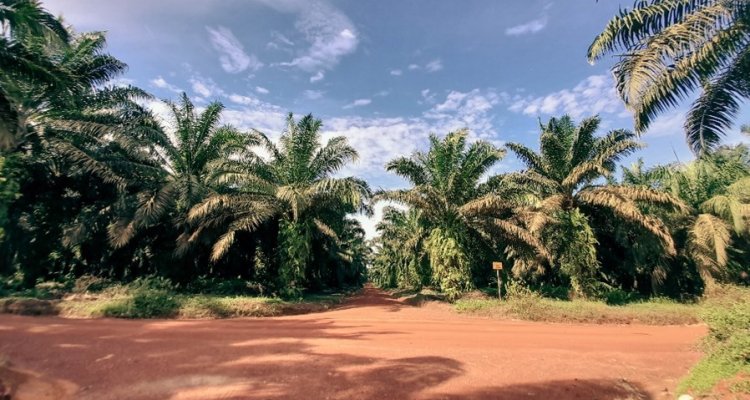
Project
Indonesian State Actors in International Palm Oil Arenas: Their Ideational Power and Negotiation Strategies (PhD project - Faris Rahmadian)
This research explores how Indonesian state actors negotiate and attempt to influence international arenas in which the sustainability of palm oil is at stake. Using theoretical lenses derived from anthropology and international relations, this research not only aims to fill empirical knowledge gaps but also provides new insights into contemporary palm oil issues as well as conceptualizing sustainability diplomacy.
Background
The international debate on sustainable palm oil has reached new momentum. Whereas the debate was earlier focused on the Roundtable on Sustainable Palm Oil (RSPO) and the role of private regulation in stimulating sustainable palm oil production, now it has shifted and is based on multiple policies and instruments developed by consumer countries, such as the European Union. Indonesia, the world's biggest palm oil producer and exporter, is reported to be negatively affected by these policies, putting the commodity at stake. The Government of Indonesia has taken many steps to improve palm oil's sustainability, from adopting a national sustainability standard, to forest moratoria and policies to prevent conflicts over property rights. However, despite these steps, actions, and data, negative publicity and critical reports of palm oil have not dwindled but rather boomed in the last five years.
Due to these developments, palm oil issues for the Government of Indonesia are now more international, more political, and thus more complex to handle. Indonesia is no longer facing the RSPO as the most prominent (private) arena to discuss issues on sustainable palm oil but a multitude of foreign public arenas in which palm oil is being discussed. However, the significance of these developments is not well explored in public policy research, despite Indonesia's Foreign Minister labeling palm oil as a "diplomatic priority”. Furthermore, Indonesian state actors, who emerged as the formal frontliners and representatives of the biggest palm oil-producing country in the world, also receive little research attention, despite the palm oil international arenas becoming increasingly intense and complex. In this research, Indonesian state actors will be analyzed in the context of their negotiation strategies to influence palm oil sustainability in international arenas.
Description
Over the past few years, palm oil has become a debate and subject of public policy, especially of the European Union (EU) and its member countries, due to the unsustainable practices associated with palm oil production that is mainly produced in the Global South. Indonesia as the world's largest producer of palm oil, is reportedly negatively affected by this situation. The objective of this research is to analyse the ways in which Indonesian state actors negotiate and try to influence international arenas in which the sustainability of palm oil is at stake. Two knowledge gaps will be addressed by this research: (1) the limited use of perspectives and contestation from the Global South in international relations theory, which reflects a western bias; (2) the lack of analysis of negotiation strategies in which the sustainability of palm oil is at stake, especially in today’s world which sustainability politics is becoming increasingly internationalized and complex. The main research question is: how have the negotiation strategies of Indonesian state actors evolved in order to influence decision-making processes regarding palm oil sustainability in the international arenas? To address this question, the concepts of ideational power and dwarf state’s negotiation strategies will be used and reflected upon. Additionally, this research will explore venue shopping, selection, and construction to gain a deeper understanding of the increasing complexity, internationalization, and politicization of the governance of sustainable palm oil.